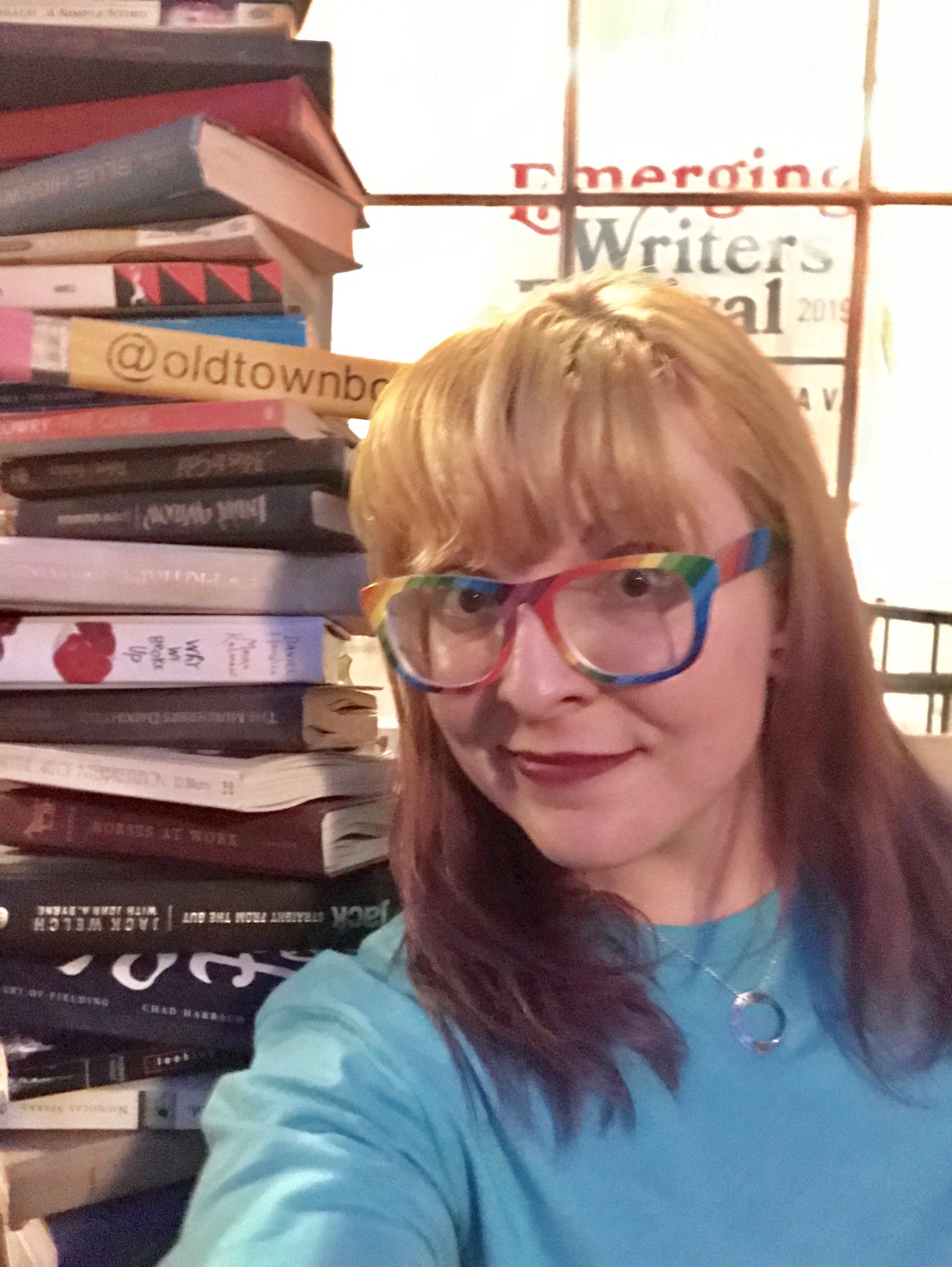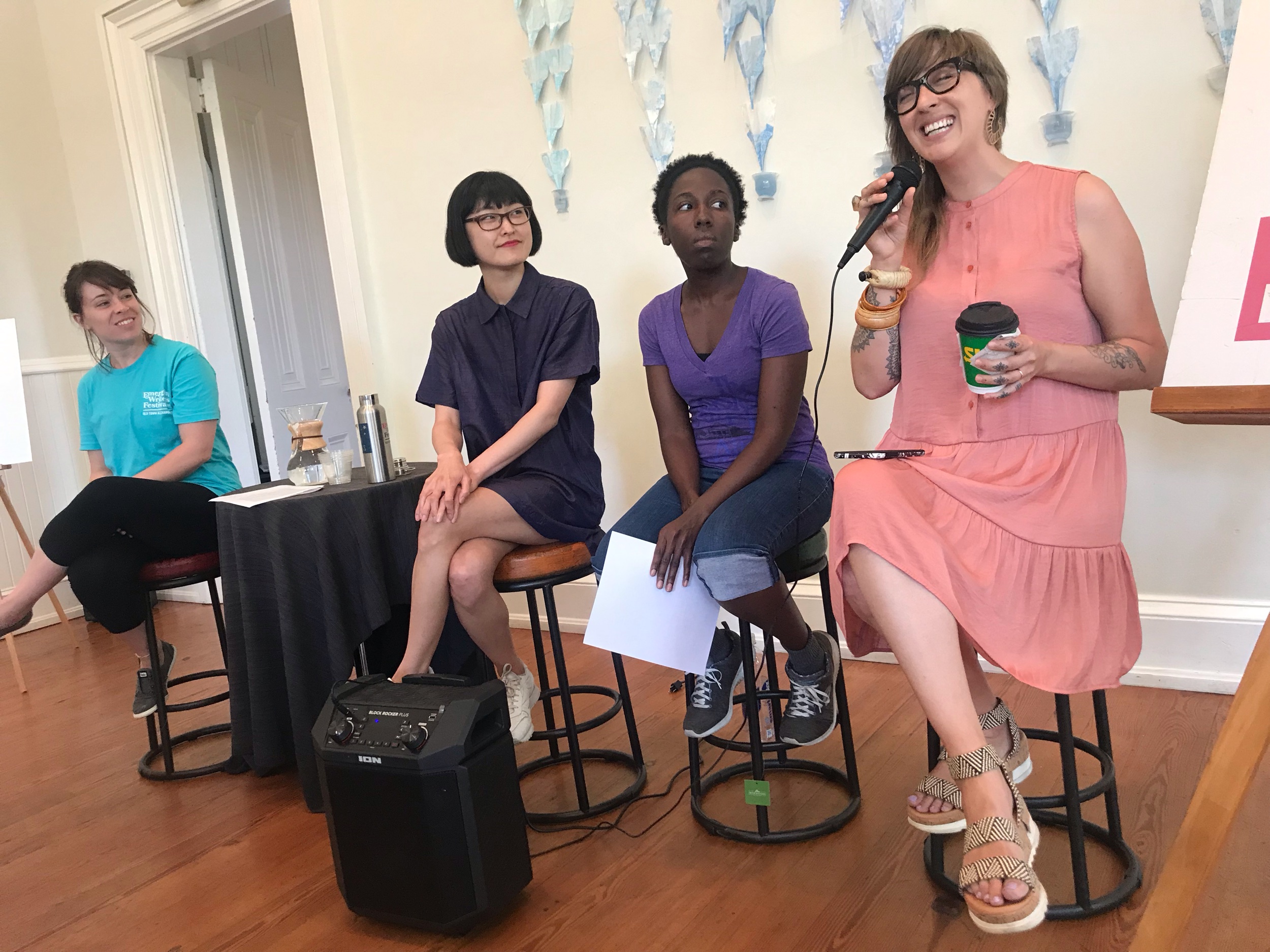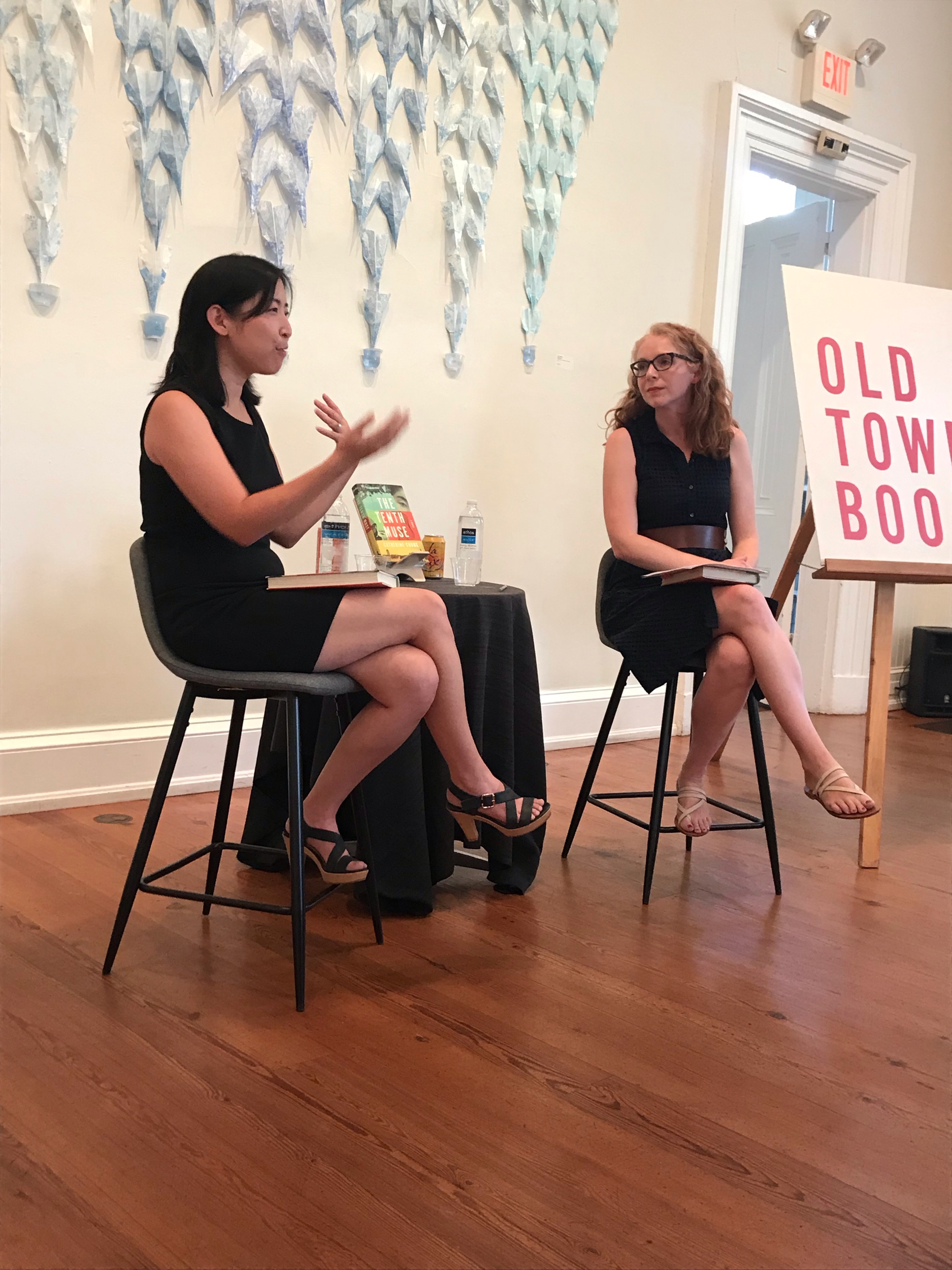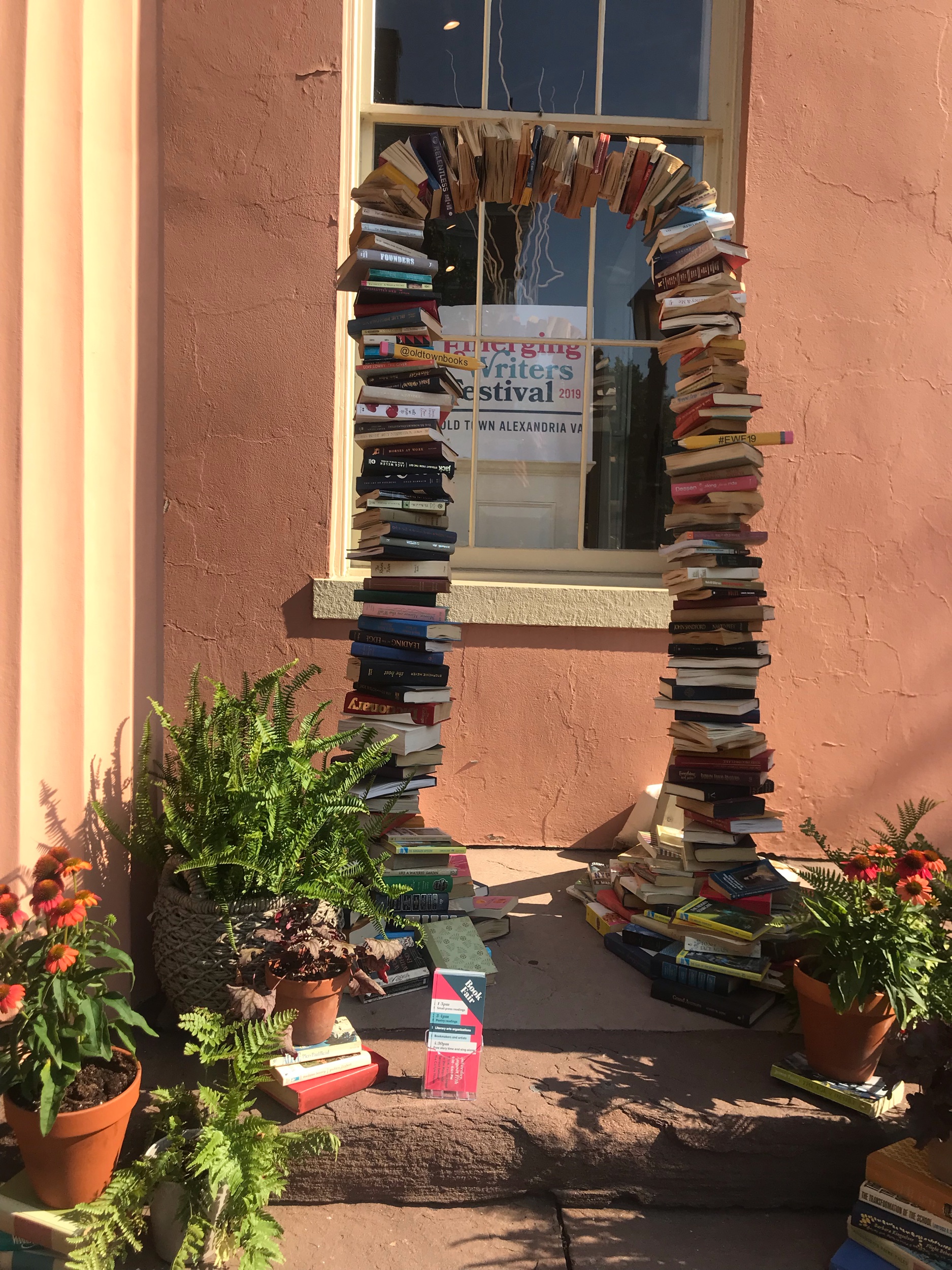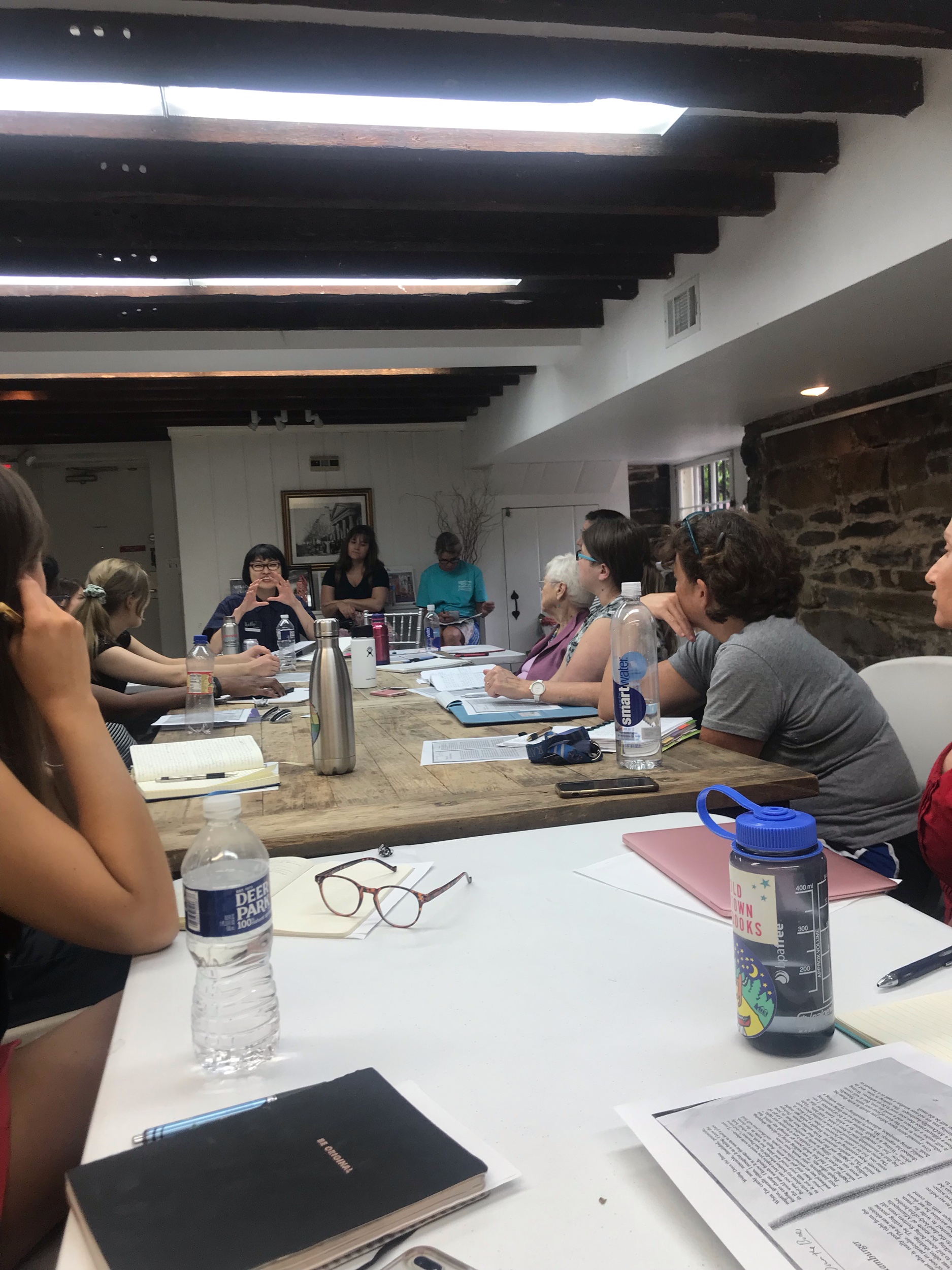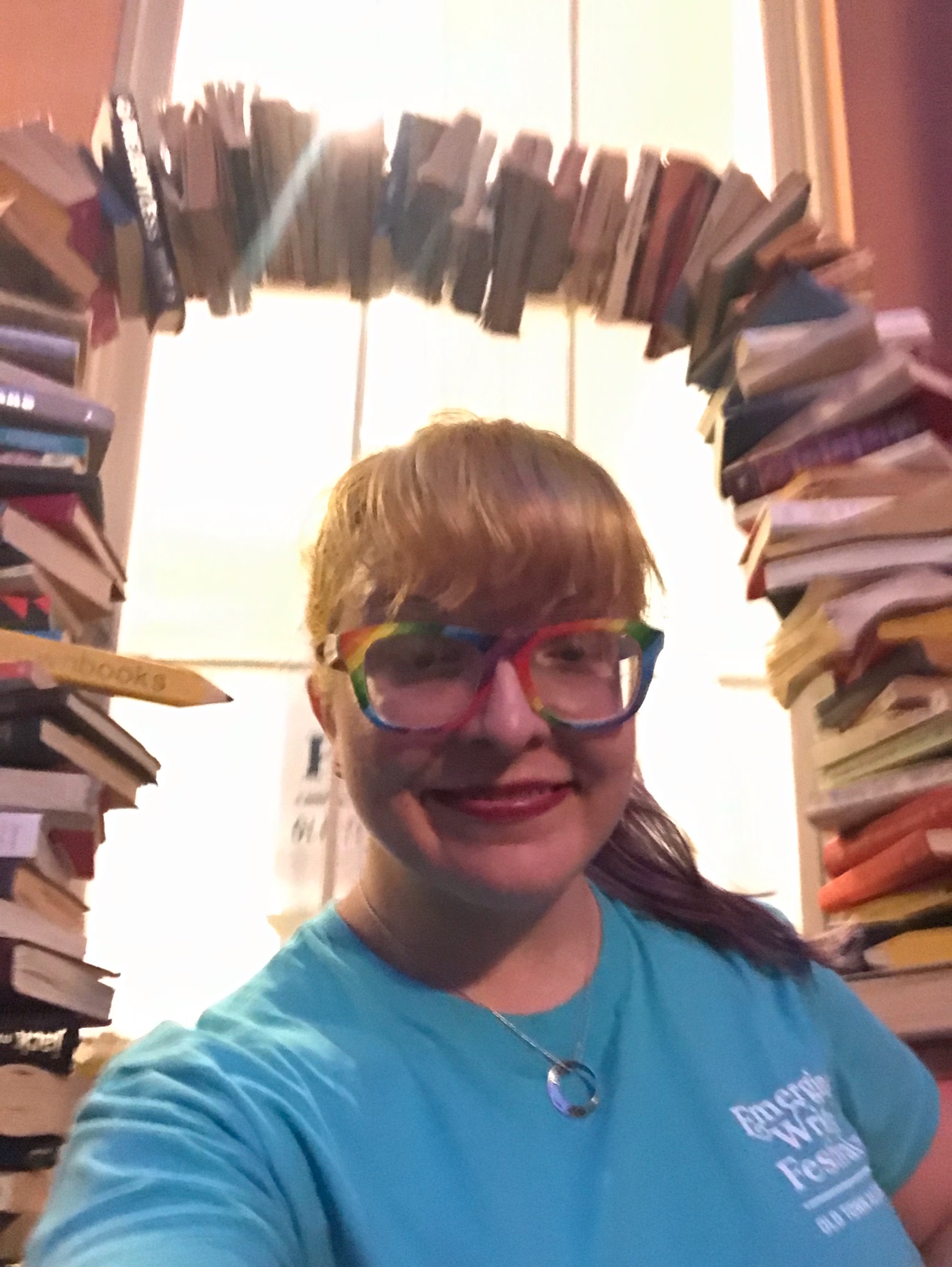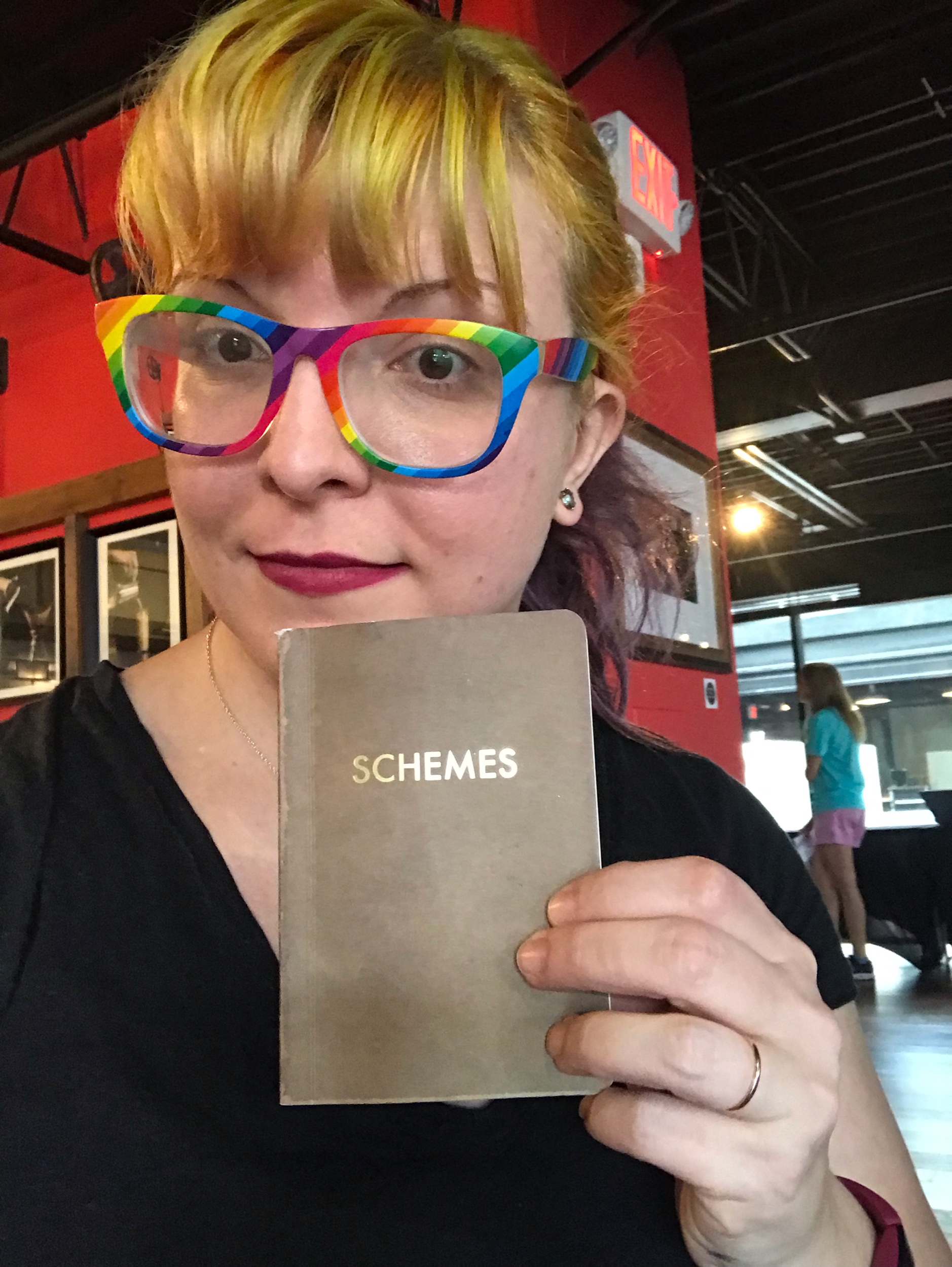Finding Your Perfect Book: AKA, Librarians are the Best
I’m currently in the midst of putting together an application for a writing mentorship with an amazing literary agency that would include agent representation and input on revising my novel (AHH, fingers crossed). As part of that, I have to come up with three “comp titles,” or books that are comparable to my own novel.
At first I was thinking of books like, Outlander by Diana Gabaldon and Wicked by Gregory Maguire, but I quickly learned after researching a bit more that when a literary agent/publisher asks for comp titles, what they REALLY want, is a recent book (from the last 3-5 years) that is similar to yours in content. It’s also apparently not a good idea to use a breakout bestseller or phenomenon.
My knowledge of books published in the last 5 years is…not great, so I turned to my local library website to see if they had any resources that could help (since all the physical libraries are closed through at least June because of COVID-19). I was DELIGHTED to see that Fairfax County Public Library offers a service called “My Perfect Read,” through which library staff can recommend books based on your specific tastes. You can browse through the librarian profiles and find out who likes the same books you like.
If you’re lucky enough to be have a FCPL membership like me, you can totally access this resource here! I imagine that other libraries probably offer similar programs as well.
Through this program, I reached out to the readers’ advisors who specifically listed historical fiction books in their “genres of interest” and the New Book Gurus (Technical Operations Team), who specifically work with newly released and purchased books. I explained that I was looking for recent comp titles and summarized my book for them as best as I could.
Here’s essentially what I sent them:
My book “Most Horrible” is a 100,000 word historical fiction novel that’s a prequel to Hamlet set in early 1500s Denmark and Purgatory, with plentiful inspiration from real-life Scandinavian history and numerous historical figures interacting with the well-known Hamlet characters. It's in third-person POV told from a different character's point of view per chapter. It includes lots of battles and rebellions and violence and such, but I keep everything more or less PG-13 rated.
In Most Horrible, King Hamlet wakes up in a Dante-inspired Purgatory in the boat of Charon, the ferryman of the dead, with no idea how he died. The incidents and motivations that led to his death are gradually revealed as Hamlet searches through the afterlife with the assistance of his old enemy Fortinbras, and his former jester Yorick. When he finds out the truth, will he tell his deeply depressed son about the murder, or can he leave his vengefulness in the past?
Back in the land of the living, Hamlet’s brilliant queen Gertrude and his devout, hard-working brother Claudius try to navigate the complicated Danish political and religious scene to ensure the safety of their family and their country. In the midst of everything, these decades-old friends, both mourning the loss of Hamlet, find themselves falling unexpectedly in love.
The full story of why Claudius killed the older brother he adored to save the country he loves unfolds in a series of flashbacks covering the collapse of the Kalmar Union (the historical union of Denmark, Norway, and Sweden, with the Danish crown at the head), the deposition and later rebellion of the tyrannical King Christian II (Hamlet and Claudius’s father), and the violence of the Protestant Reformation.
Librarian Kylie Sparks got back to me first, suggested a few authors and titles, and also recommended I look through Novelist Plus, another resource offered by the library. I was SO excited to learn about this website, which categorizes books by appeal terms (e.g., fast-paced, sweeping, richly detailed), genre, time period, and subject. What’s especially helpful for my purposes is that you can limit your search results by publication date! This wonderful website sent me down many winding rabbit holes and helped me find about 20 more books I’d like to read ASAP.
Novelist Plus is available through this link to FCPL members! Just have your library card number handy to sign in! Again, I’m sure this is a resource offered through lots of other libraries, so check with your local branch for more info!
The New Book Gurus also got back to me with a few suggestions and mentioned that they had actually reached out to the entire Perfect Read group through an existing chat to help brainstorm suggestions for me! They went beyond the call of duty in helping me and I was really touched by all their efforts.
I’ve now come up with a few comp titles that should hopefully work for my purposes. /fingers crossed/ I’m just listening through my final five options via various audiobook apps now to determine which will be the best comp titles! This entire process has actually been much more fun and much less daunting than I thought it would be, thanks to all the Fairfax County Library resources out there. : ) I really just wanted to share this with the world ASAP so others can benefit from their wonderful help.











